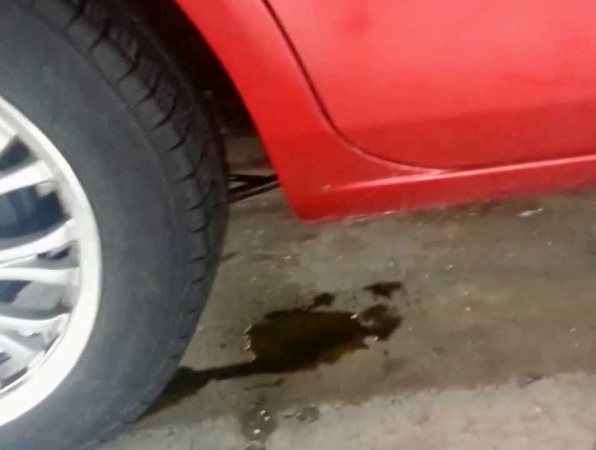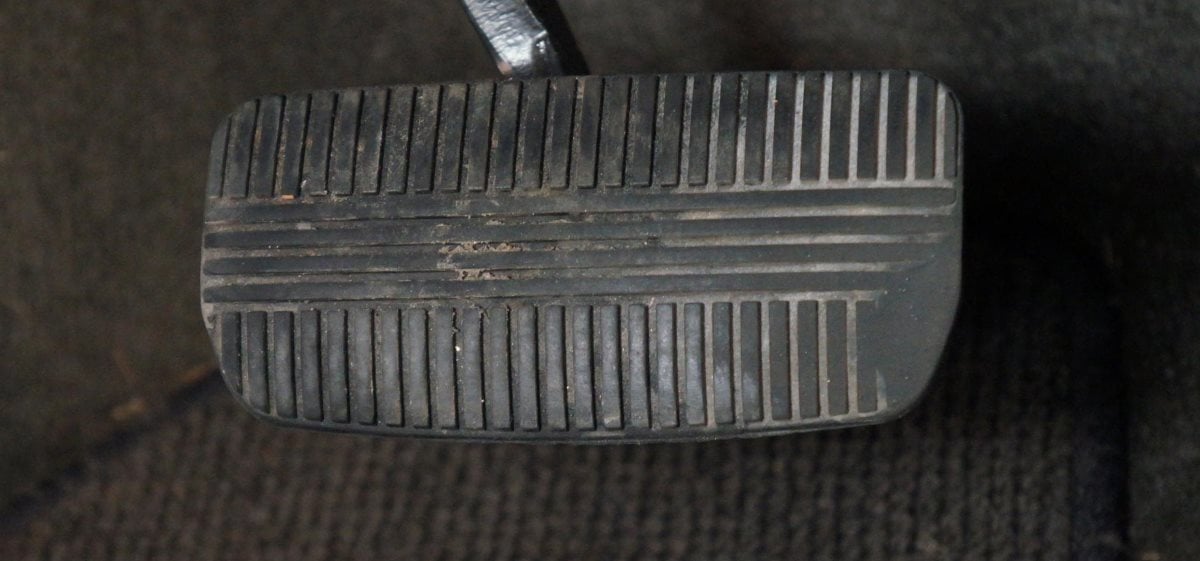Brake pedal sinking to the floor? Here’s what’s really going on

Brake fluid leaks can knock out your pedal feel. If you reckon you’re leaking fluid, check under the car and around the tyres for any wet patches.
Had a moment where you stomped on the brake pedal at the intersection on Te Rapa Road or in the stop-go heading out to Rototuna, and your pedal just kept sinking all the way down? Not ideal, eh? Out here in Hamilton, with all the potholes popping up on Gordonton Road and those endless speed bumps in Frankton, you need your brakes in top nick. When the pedal’s got zero resistance and heads for the carpet, it’s a sign something’s up. Even if you’re in a late model Euro like a Skoda Superb or cruising in a trusty old Mazda Demio, this is never something to ignore.
Bit technical, but basically, when you push the brake pedal, you’re building up hydraulic pressure using brake fluid. If something’s off, that pressure isn’t there, and you end up with a pedal that just drops. Dangerous stuff — especially on a foggy Dinsdale morning when things are damp and stopping distances are longer.
Learn more about how brakes work
Why is my brake pedal going straight to the floor?
We see this heaps at the workshop, doesn’t matter if you’re running a Honda Jazz, a Hyundai i30, a big Prado, or even something like a Nissan Lafesta. Here’s what’s behind it most often:
- Brake fluid leak – Most common. Bits of fluid end up where they shouldn’t, usually near a wheel or under the car. Could be from a rusty brake line (those winters in Hamilton are hard on steel), leaky calliper, or a dodgy cylinder. If you’re topping up fluid every couple of weeks, there’s a leak somewhere.
- Air in the brake lines – Sometimes after a service or a rushed pad change. Air bubbles can compress, so the pedal feels squishy or even sinks. Usually gets worse over time if not sorted.
- Worn out brake pads or shoes – Noticed it takes longer to stop on the school run through Hillcrest, even though you’re pressing the pedal harder? Might be your pads or shoes are worn down, which means more pedal travel (and more risk if you don’t get it checked).
- Tired or dirty brake fluid – Brake fluid is one of those things folk forget. It sucks up moisture, especially during humid NZ summers, and that ruins its pressure-building power. Aim to swap it every 40,000 km at the latest. Why is it important to replace brake fluid?
- Blockage in the brake lines – Occasional with cars that sit unused for a while (like imported Nissan Serenas or Suzuki Swifts from Tamahere). Rust, dirt, or collapsed rubber lines can all stop that fluid getting where it needs to go.
- Master cylinder knackered – This is the bit that converts your pedal pressure into hydraulic oomph. If the internal seals give up the ghost, you’re left with a pedal that hits the floor. Seen it on everything from Kia Carnivals to SAAB wagons.
Is it safe to keep driving with a soft or sinking brake pedal?
Honestly — nah. If your pedal drops to the floor, you’re only half-braking at best. Don’t just drive around Hamilton and hope for the best, because it’s not worth risking a prang, especially in busy traffic around The Base or late at night on Ruakura Road. Get it sorted straight away, even if you still *just* manage to stop.
Need your brakes sorted? Servicing & repairs in Hamilton
If your brakes are feeling dodgy — pedal goes soft, sinks, or there’s just no bite — bring it in. One of our techs at Grimmer Motors will check it over, whether it’s a Euro wagon from Cambridge or an SUV carting the kids from Morrinsville. If it’s the master cylinder or a leaking line, we’ll sort new gear for you. If pads or fluid are causing grief, we’ll swap those out too. No mucking around, just honest advice and repairs to get you safely back on the road.
Brakes are your number one safety system. Make sure yours are up to scratch — for you, your whānau, and everyone else sharing State Highway 1 or the back roads out to Ngāruawāhia!

